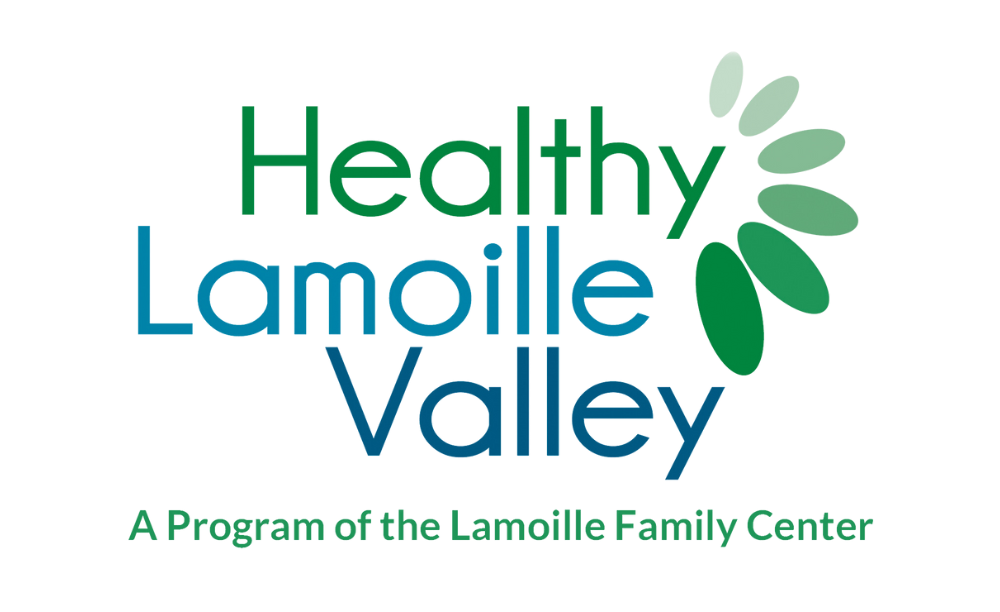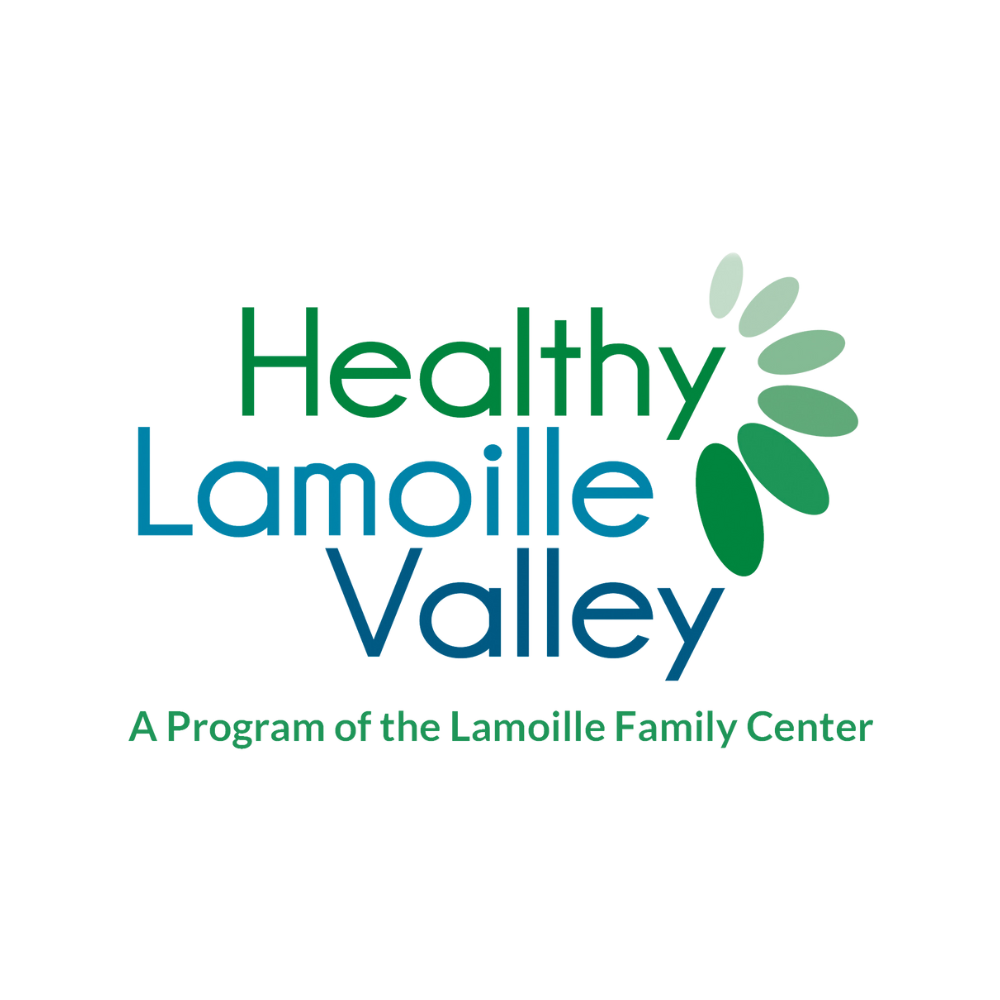Middle School
Session 1:
Importance of Free &
Leisure Time
Before you begin, read how you might use TimeWise, second edition:
Feel free to explore other grade levels for more inspiration, resources, and implementation ideas.
Leisure can be healthy, or unhealthy, based on a person’s choices. It also can be engaging or uninteresting and even boring. What a person does or does not do in their free time matters! Students will discuss why and how they can begin to take responsibility for their actions in order to take charge of their leisure time experiences and activities so that they can have more satisfying free time.
Session 1:
Importance of Free and Leisure Time
Student Goals:
- To begin to understand the importance of doing healthy things during leisure time in daily life.
- To understand the difference between free time and leisure time.
- To analyze the kinds of free time activities they do and the benefits they get from their participation.
- To instill a sense of responsibility for leisure activity choices.
Students Will Think About:
- How is what I do in free time different from what I do in leisure time?
- Why is leisure time important?
- What do I do in my leisure time?
Subtopics:
- Comparing terms: free time and leisure time
- Exploring time spent and activities done in free and leisure time
Activities:
Materials:
- TW teacher manual pages 9-13
- Learning Lifelong Leisure Skills (Transparency 1, Teacher Manual)
- TimeWise Student Workbook page 4 (Exploring My Free Time), but leaving column 5 blank for the time being
- Post-it notes
Supplemental Materials:
Subtopic 1:
Comparing Terms: Free & Leisure Time
The main purpose for introducing this concept is to focus on how leisure can be healthy and provide benefits, and be enjoyable, satisfying, and often meaningful. Free time is often associated with being bored, having nothing to do, or having to do chores or other obligations.
Example Conversation Starters:
- What was the favorite thing you did over the summer (or weekend, or another time period that makes sense) and why was it your favorite?
- How did you feel when you were doing your favorite activity?
- How do you feel when you are doing something you don’t really like to do?
Think about how much free time you had over the summer (or weekend, or...). These TimeWise2 sessions are going to help us all think about what we do in our free or leisure time. What do we mean by free time? By leisure time?
- What exactly is free time? What about leisure time?
- How do you feel during your free time and leisure time?
- Is free time always enjoyable? satisfying?
Suggestions for Questions and Comments Regarding Comparing Terms:
Use this overhead slide if desired.
When a person doesn’t have to do something like school, homework, or chores, they have free time, which is an opportunity to choose something to do that they enjoy and that balances out other obligations!
But sometimes that is a challenge because someone may not know what to do. So, maybe they sleep, eat, look at screens, or just hang out and do nothing. On the other hand, people can use that free time in ways that are fun, exciting, creative, physically active, and social; as well they can learn skills or knowledge or help others. There are many benefits to be gained through healthy use of free time, which will be discussed in the next session. The difference between free and leisure time is a nuanced discussion because both free time and leisure time can be associated with either positive or negative emotions and outcomes.
As seen in the slide, there is an overlap between the two, and often people use the words interchangeably, as we sometimes do.
Most people believe that leisure is not only how one spends time, but is a state of mind that comes from a person freely choosing to do what give them pleasure, fun, and/or satisfaction.
A lot of people think leisure means you’re relaxing and doing nothing. And of course, there is nothing wrong with that! We all need to have time to relax and do nothing. That can be an important way to relieve stress. But having nothing to do is also related to being bored and thinking that nothing is interesting, or it is “stupid” and you don’t like it.
The important point regarding leisure is that leisure is most enjoyable and satisfying if you are doing something (or nothing but relaxing) because you CHOSE to do it and you are not doing it because you have to or you are doing it to please someone else.
Example Conversation Starters:
How much free time do you think you have during the day or during the week? (Middle school students typically have 5 ½ to 6 hours a day of free or leisure time.)
Which would you rather do, and why?
- Play soccer with a friend, read alone, of watch TV?
- Play with a pet, do a craft or hobby, or swim at the pool?
- Play computer games, visit your grandparents, or walk in the woods?
- If you had 2 hours a day to do anything you wanted to do, what would you do?
- If you had a whole day to do anything you wanted, what would you do?
Activities:
Exploring My Free Time Worksheet (click to view)
The purpose of this worksheet is to give the students a tool to help them more critically think about how they spend their time.
Have students complete columns 1 through 4 on the “Exploring My Free Time” worksheet (p. 4 in the Student Book). Have them follow the directions to complete columns 1 and 2 for the activities you do on a typical day (what you do most days of the week or your “regular” activities and then for your favorite activities. (I.e., Tell them to leave column 3 blank for now.)
For example, ask for the reasons they engage in the activities they listed. Which activities do they like the best. Collect the worksheet to be used in a later discussion (which, depending on timing could be in this session or a later session).
Possible Discussion Questions Using “Exploring My Free Time Worksheet”:
Think about how you spend your time based on the worksheet.
- What activities do you spend the most time on?
- What are the activities they like the most?
- Which of the activities do they consider leisure?
- Do you have enough free time or leisure time in your life? Too little? Too much?
- Is leisure time always positive? Can there be negative activities in leisure time? Provide examples (e.g., vandalism, substance abuse).
Summarize & Next Session:
As you are beginning to learn, how we spend our time is very important in many ways. Of course the focus of these topics is on making sure you spend your free time in ways that are positive and give you good feelings...that is, spending free time in ways that give you pleasure, satisfaction, stress release, and so on is called leisure, or leisure time. We will continue discussing these things as we move forward.
Now that we have had a chance to learn about the different activities that we all like to do, it is also important to recognize the benefits that we get from the activities we participate in. We will discuss this in the next session and fill out column 5.





